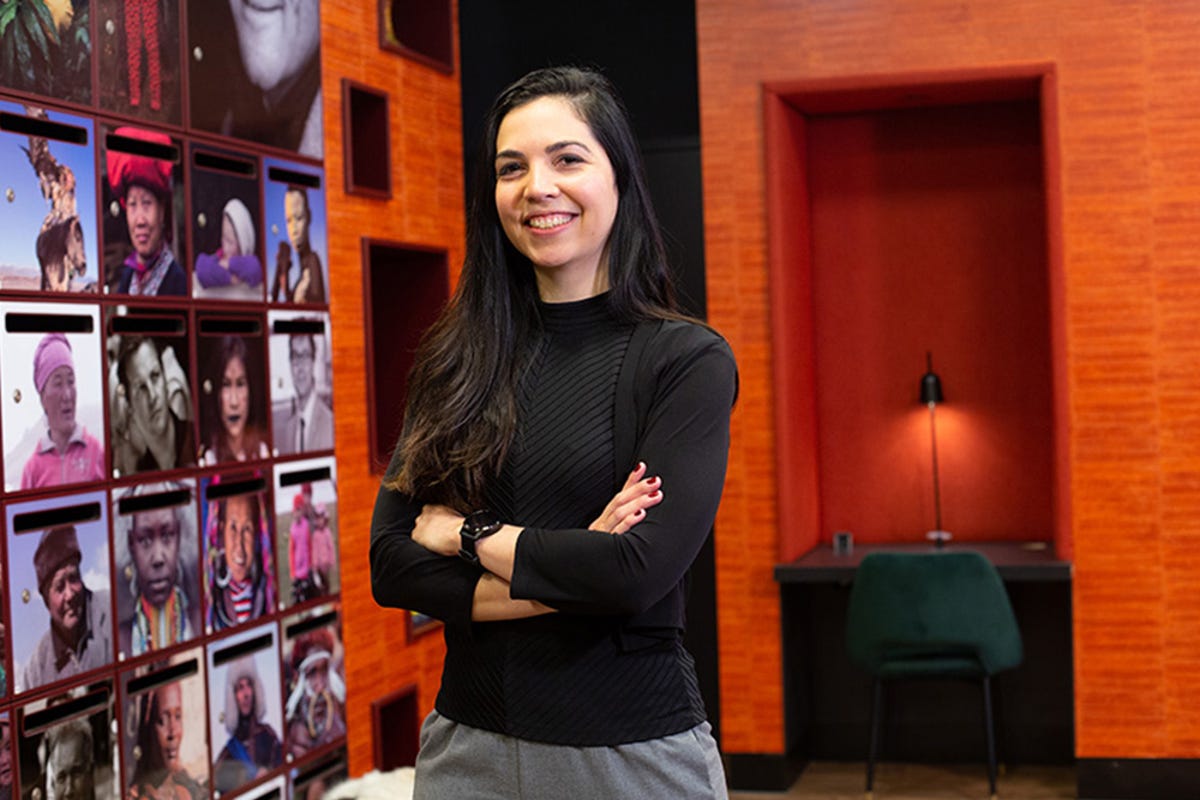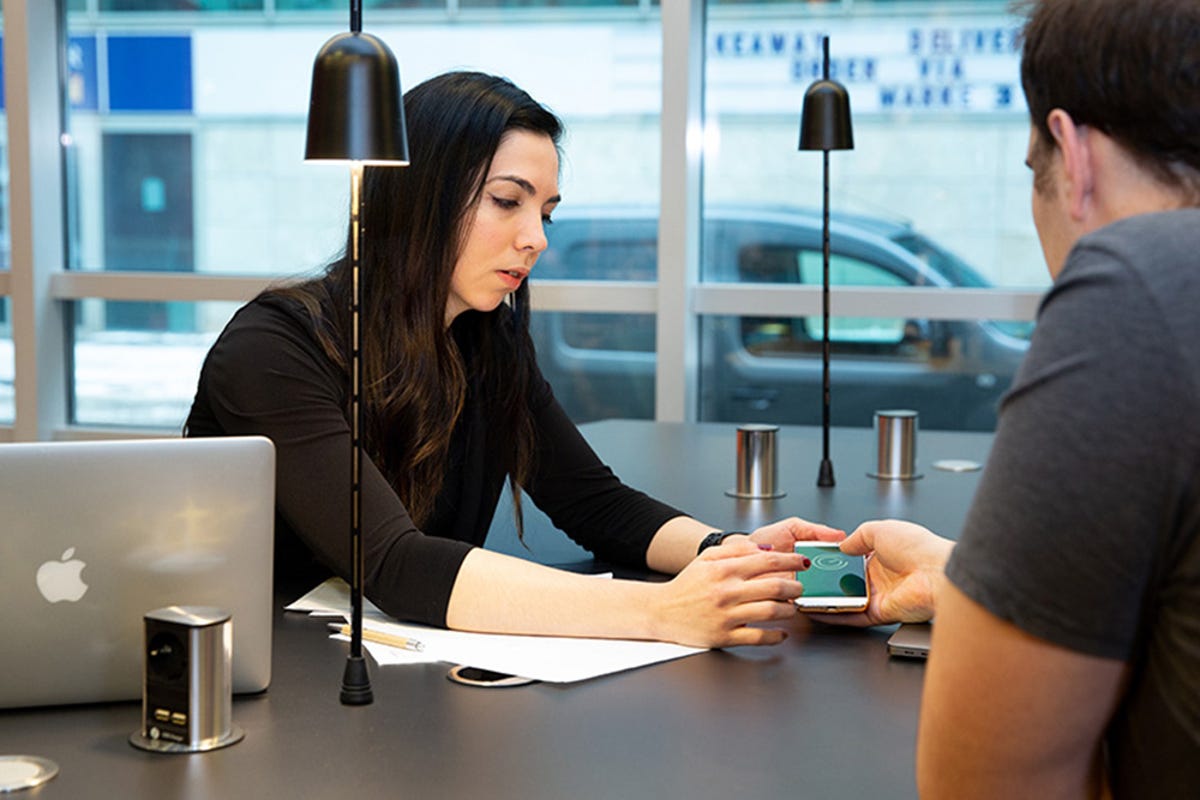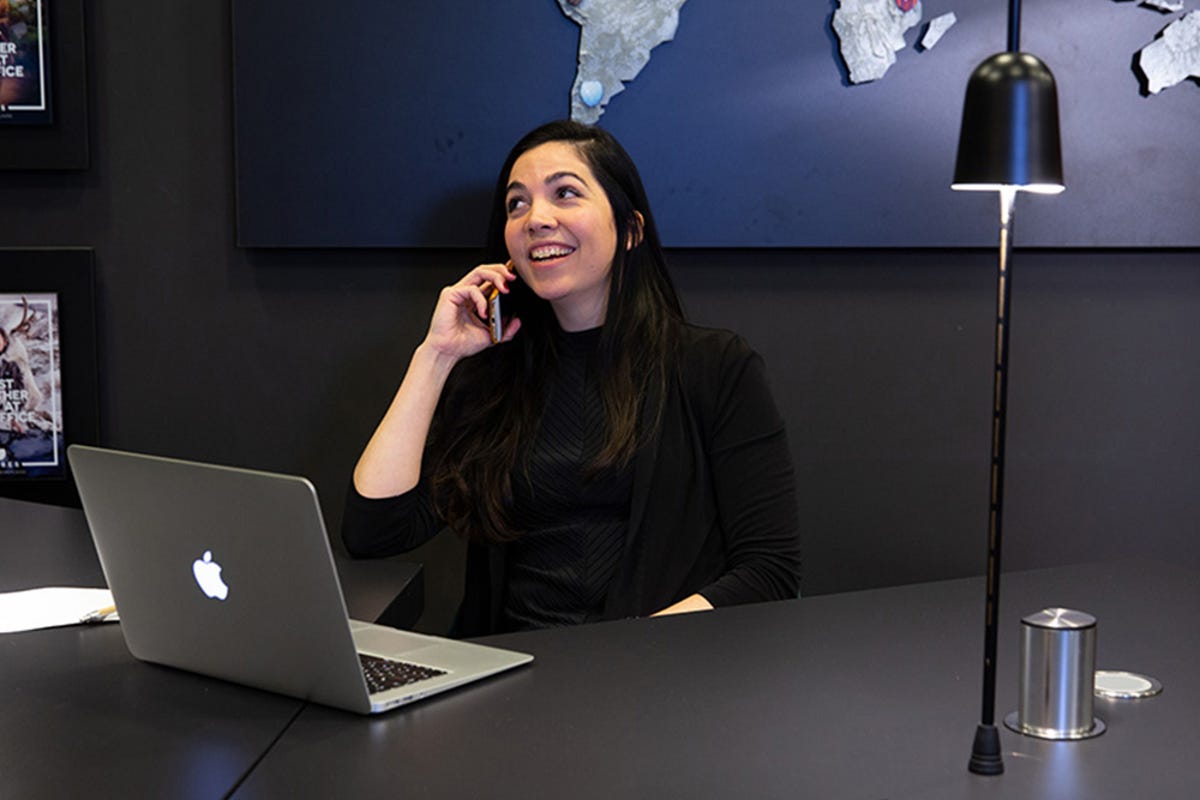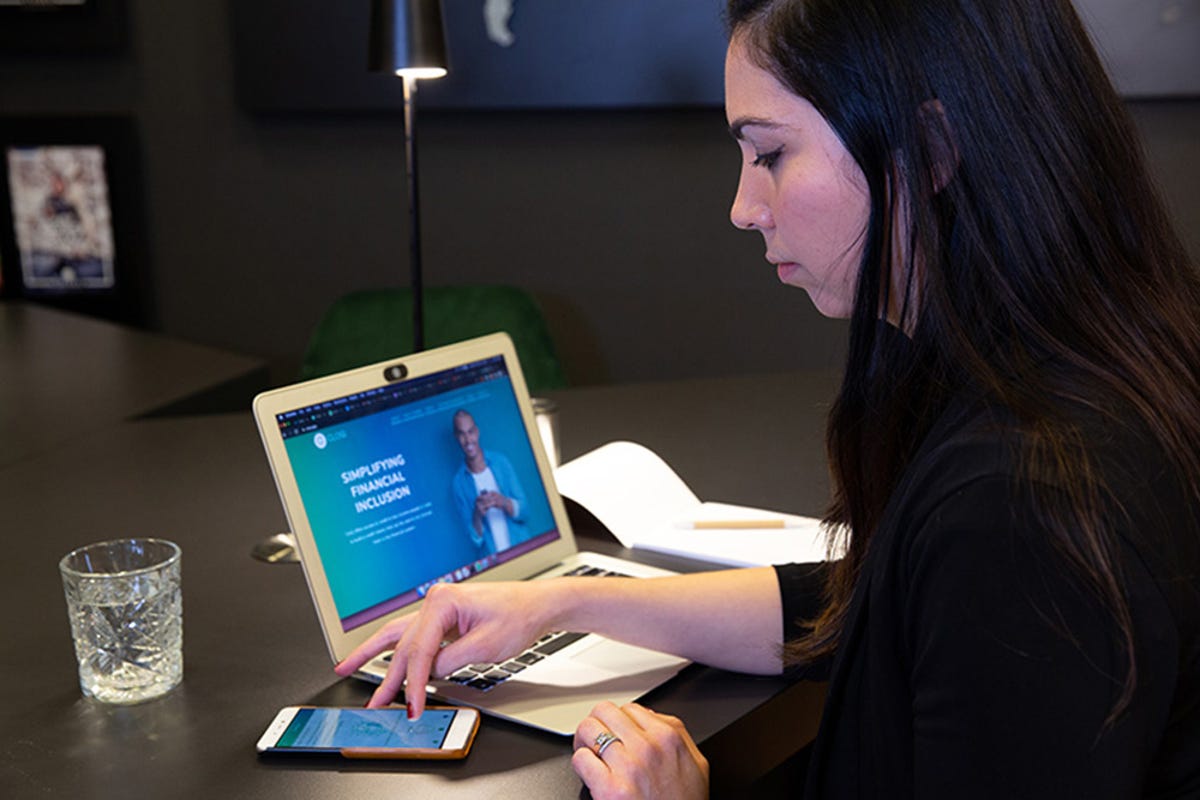Fellow Portrait
Rafa Cavalcanti
CloQ
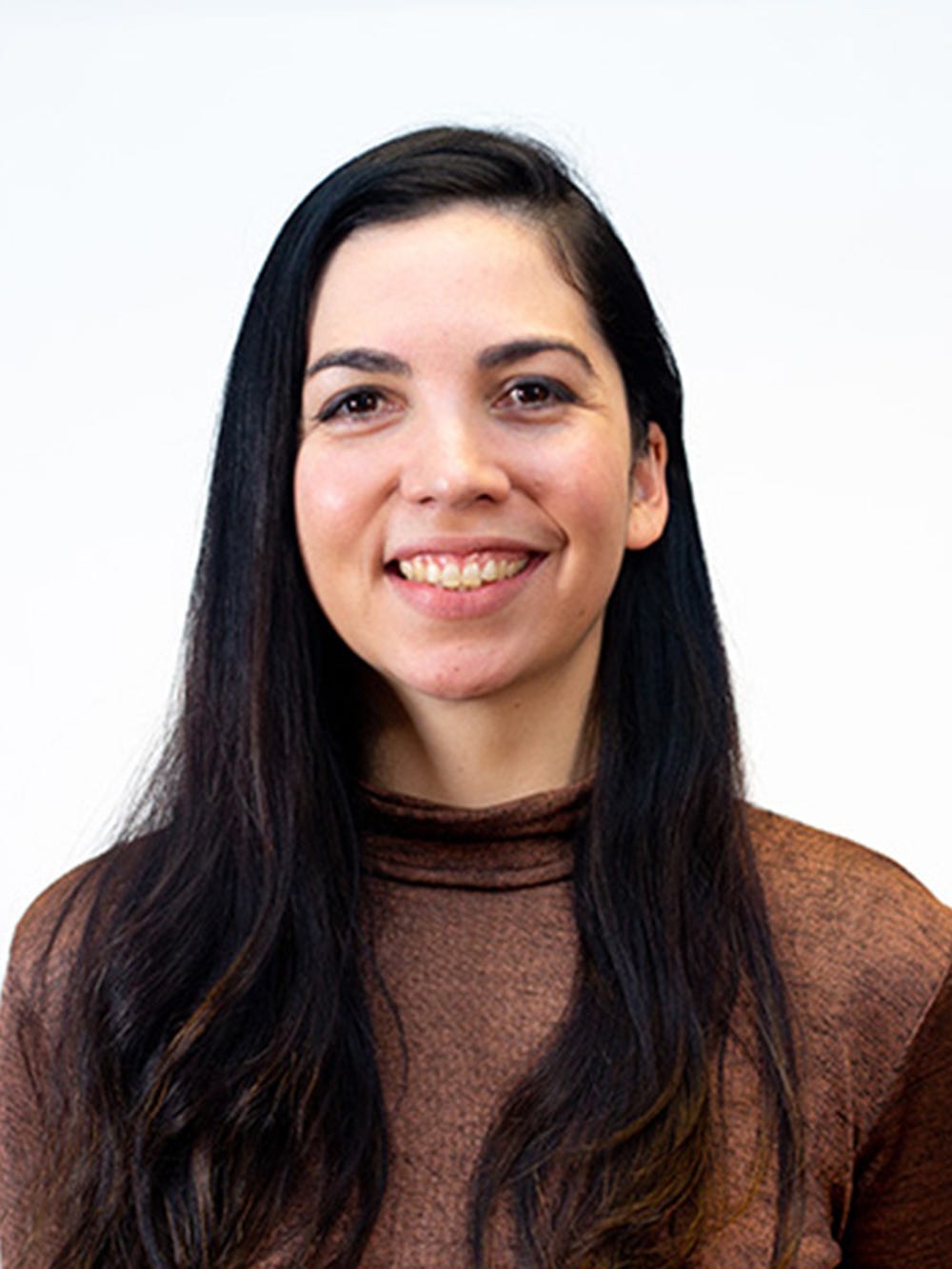
CloQ offers access to nano-credit to low-income people, enabling them to build a credit history that leads to inclusion in the financial system, and bridges clients to other financial services that could improve their financial health.
Latin America and the Caribbean
BRAZIL
Fellow
2021
Updated March 2021
Loans are elusive for the world’s billions of underbanked customers
For those without a bank account or financial history, borrowing money isn’t as simple as filling out a loan application at a local financial institution. Traditional lending is a conservative industry. Banks cannot evaluate risk when applicants lack a credit history, stable income, or a formal job. The underbanked often can only turn to loan sharks, sometimes with catastrophic results. This leaves the world’s 1.7 billion underbanked people with no access to formal credit, and thus no way to start or grow a business.
A third of Brazil’s 212 million people are unbanked and 80 percent of low-income individuals do not have access to credit. Rafaela Cavalcanti’s mother was the successful owner of a thriving small business, but she lost her access to credit when Rafaela was ten. She lost standing with her bank after a series of robberies devastated the business and went from a star banking customer to someone unable to get a traditional loan. Rafaela observed her mother’s resilience and witnessed the scary and exploitative experiences with loan sharks that provided the only way to keep the business afloat.
After years of working at different companies around the world, getting an MBA, and meeting her eventual co-founder, Rafaela understood how to tackle this problem. “This reality of loan sharks being the only option is still very strong in my community. When I met my cofounder and explained the story of loan sharks, he was shocked. He said, ‘This is not normal. Why would you pay 7,000 percent interest?’”
My entire family is made up of small entrepreneurs. After working in business development all over the world to make large companies better, I decided to start my own business with the goal to empower small entrepreneurs and provide them access to financial services.
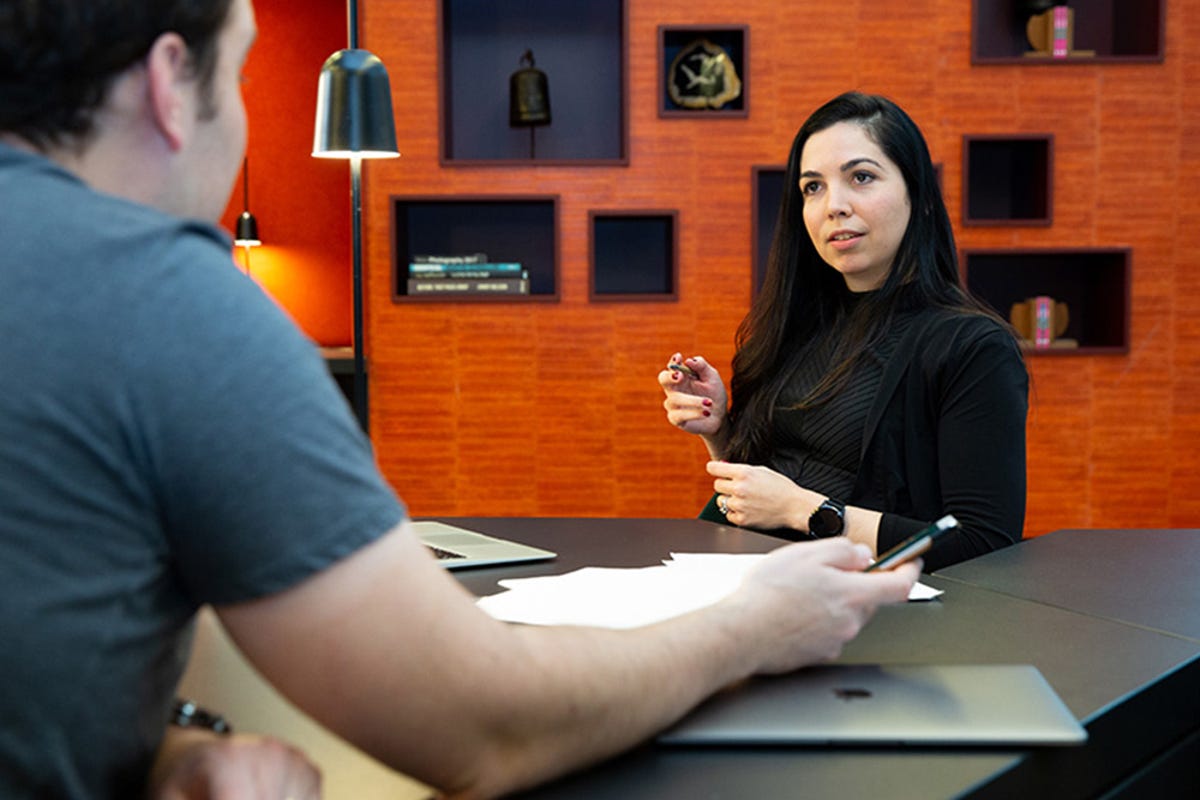
A bridge to traditional financial products
With this new perspective, Rafaela started CloQ to provide a platform to connect traditional financial institutions to low-income and underbanked individuals. The idea was inspired by the pioneering work of Nobel Peace Prize winner and founder of Grameen Bank, Muhammad Yunus, in the area of microcredit. CloQ adds data science to the mix and offers nano-credit (loans of less than US$500) through its app.
Instead of requiring proof of stable income, formal employment, or financial history, CloQ uses a proprietary credit score model based on behavioral and public data. The application process is fast and reliable with a focus on transparency in order to build mutual trust. Once an applicant is approved, CloQ provides access to nano-credit via a bank partner. This way, CloQ builds a credit history for a market that would otherwise be deemed too risky and costly for traditional players to pursue. “Our model is B2B2C,” Rafaela says. “The bank is the one providing the loans, but from the client’s point of view, they only see CloQ. Everything happens in our app.”
We can bridge millions of users to products and services that can help them with their financial health. We give a chance to people who previously had no or a bad credit history, and give them the opportunity to improve their credit score.
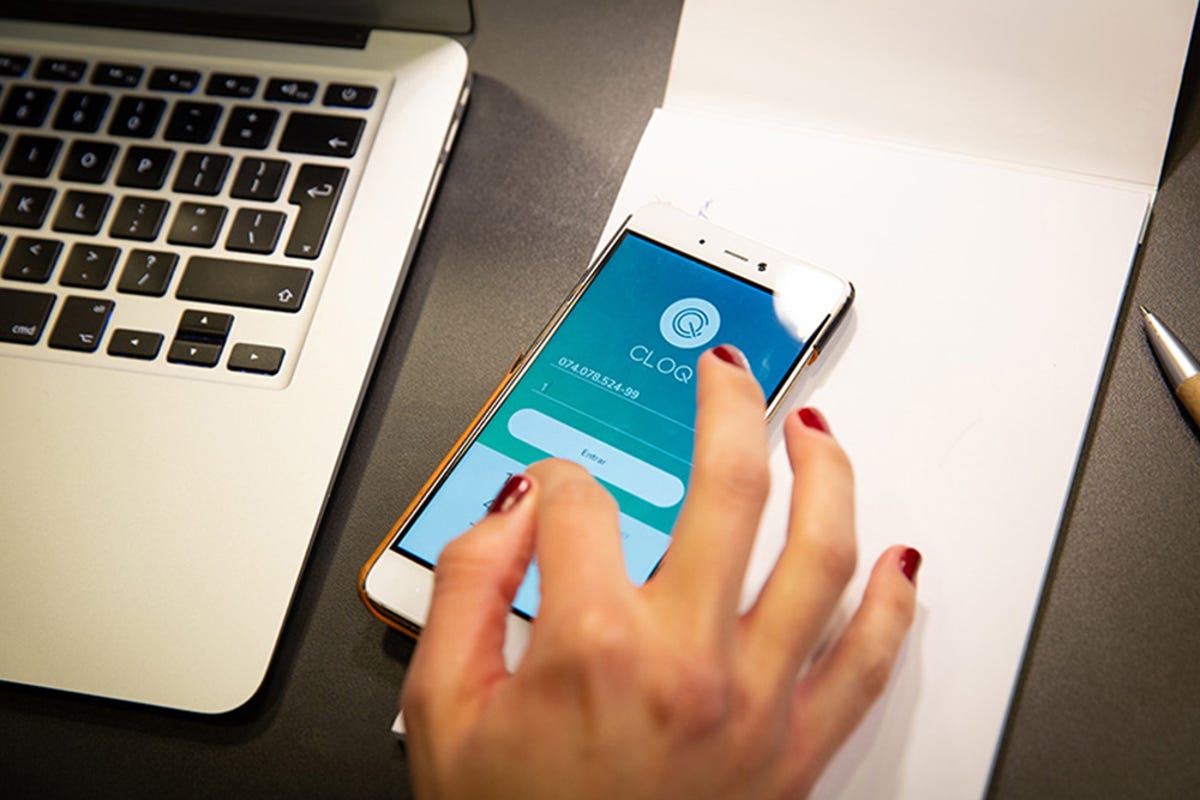
Bringing Latin America’s underbanked into the financial fold
Starting with their first nano-credit through CloQ, users build a credit history that can provide a bridge to microcredit, insurance, and other financial products to improve their financial health. “We call it nano-credit because it’s less than microcredit. The idea is that we prepare people to get microcredit,” Rafaela says.
The Covid-19 pandemic has created unexpected opportunities for CloQ, as traditional financial institutions put tighter restrictions on credit. Where traditional lenders are leaving clients in positions of hardship, CloQ steps in to help mitigate unexpected financial shocks. The company plans to continue to grow its business in Brazil before expanding to other Latin American countries. Rafaela’s fondest wish is to ensure that eventually many more small entrepreneurs like her family will no longer have to rely on loan sharks but can build and support their businesses on a healthy financial base.
As a tech product, we are not limited by physical distance. We started with 30 customers in a single community. As the word spread, we now have customers from the north in the Amazon all the way to the south on the border with Argentina and Paraguay.
